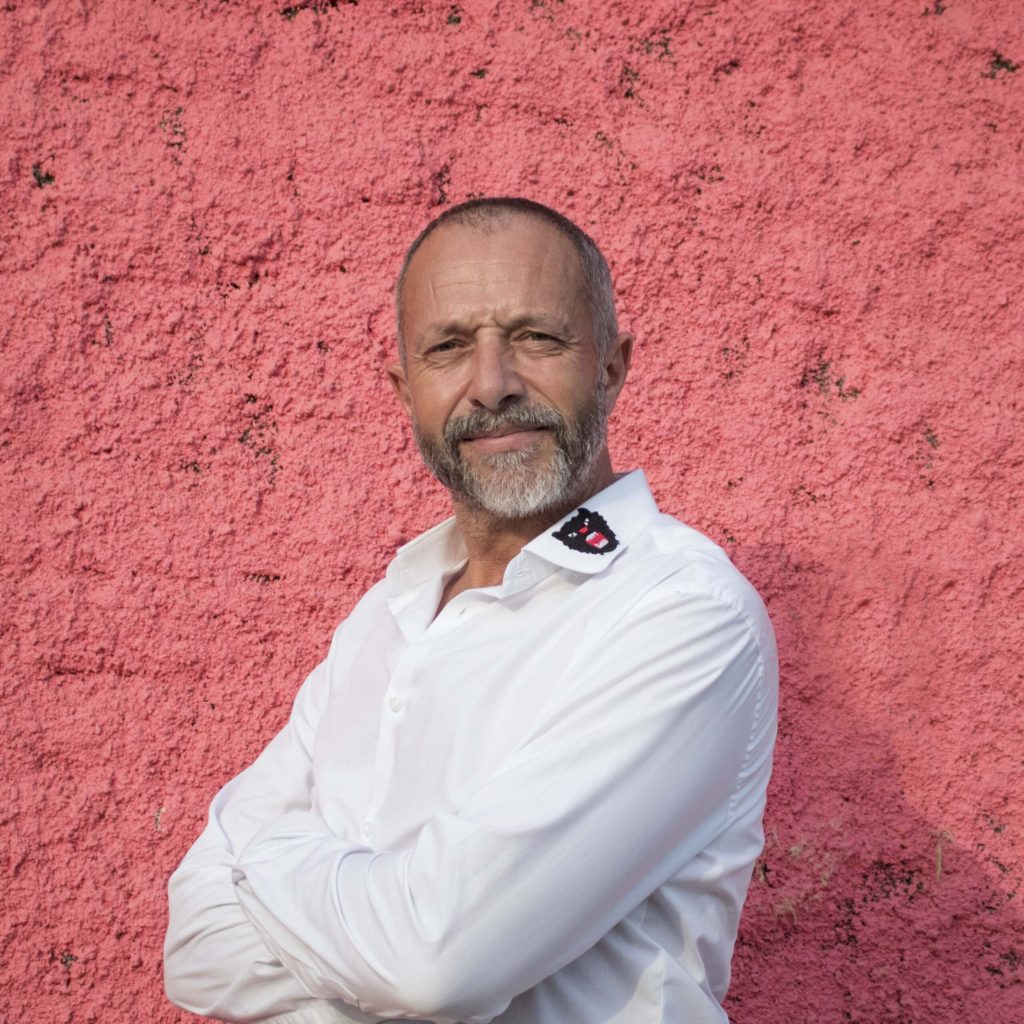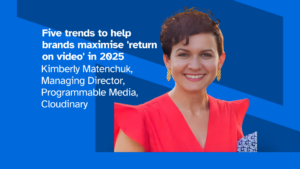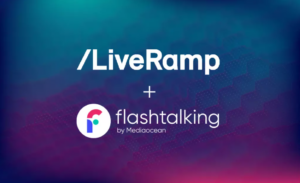By Anthony Parham, Executive Creative Director, Imagination
When the Oxford English Dictionary opted for multiple words of the year – rather than its usual one word – to sum up 2020, there was no surprise to see that Zoom made the list.
In the UK, the number of daily active Zoom users reached a peak of 1.7 million towards the end of November. With so much Zoom – and the other video conferencing options – in people’s lives, screen fatigue is setting in. The shift to working from home and days spent in virtual meetings has led to lockdown ‘quarantini’ sessions with friends, virtual quizzes and dinners – so familiar in the first few months of the pandemic – losing their appeal.
But with no clear date for live events to be back on the agenda, many brands are turning to virtual experiences to engage customers and showcase their products. The challenge now, and going into 2021, is raising the creative bar, to excite, inspire and entertain an audience that has become over-reliant and bored by digital only interaction.
One answer is to embrace the pandemic-driven leap in digital capability and confidence most people now have and seize the opportunity to create experiences that would be impossible at scale and in real life.
In the UK, live music is worth £1.1billion, so when Covid-19 hit, the industry faced a massive crisis. Instantly halted, it has since created safe and inventive monetised alternatives. In her recent ‘Studio 2054’ paid video-on-demand experience, Dua Lipa hosted a live stream performance that broke the previous live-streaming record with five million global viewers signing in on the first night .
Elsewhere, singer Roisin Murphy recently performed a gig to a paid ticket audience hosted by music app MixCloud. The highly theatrical performance maximised the experience by featuring digital backdrops, immersive camera direction and quirky storytelling to provide an intimate view for the audience that wouldn’t have been achievable on a traditional stage.
Broadcast to a global audience who can share comments in real-time, these more personalised and immersive live music formats will live on beyond the end of the lockdown and demonstrate some of the techniques that brands creating virtual/hybrid experiences can draw on. Forming a part IRL select audience and digital live stream hybrid future for live music events, the industry can deliver both intimate human engagement and global reach.
Taking this idea of multi-format physical and digital drama and excitement to a new level, music festival Tomorrowland created ‘Tomorrowland Around the World’, shifting a pre-Covid IRL festival of 400,000 people, to a virtual festival reaching one million fans. The event included a selection of socially distanced mini live events in six countries, and to help create an at-home festival vibe, home viewers could buy ‘party packs’ including items from collaboration partners such as Red Bull merchandise and mini-speakers.
So, while the music industry has laid down the gauntlet of how to create online events with atmosphere and drama, the other industry to look at in the entertainment world is gaming.
At the start of lockdown Animal Crossing not only became the place for Gen Z, Gen Alpha and their parents to host virtual gatherings, but a surprise space for brands including Gucci, Hellmann’s and Netflix to build brand awareness. For the launch of its widely anticipated new film Enola Holmes, Netflix painstakingly recreated a 19th-century island including décor and costumes that visitors could then download, making it easy and fun to digitally step into the world of Enola Holmes and no doubt contributing to the film’s 76 million views in October.
But for the ultimate engagement experience with huge global reach, social gaming platform Fortnite is leading the way. In the past year, it has taken on the brand/platform integration challenge with bold collaborations including Warner’s world-first in-game movie screening event featuring Batman Begins, and the hugely successful in-game Travis Scott concert for new track Astronomical which generated a 12.3m audience of gamers.
Brand experience can learn a lot from the gaming world – drawing on all its years of game development, immersive storytelling and virtual connectivity to offer highly engaging escapism despite being unable to leave the house. Brands should take the pandemic as a huge opportunity to use inventive collaboration, technology, entertainment and lifestyle to create bold new connections with their audience.
Cross-channel, seamless, hybrid experiences may have been born out of lockdown, but as the world re-examines how it shops, works, and plays, it is likely they are here to stay. The merging of real-life and virtual can create deeply engaging experiences, while also achieving the mass reach that brands dream of.









